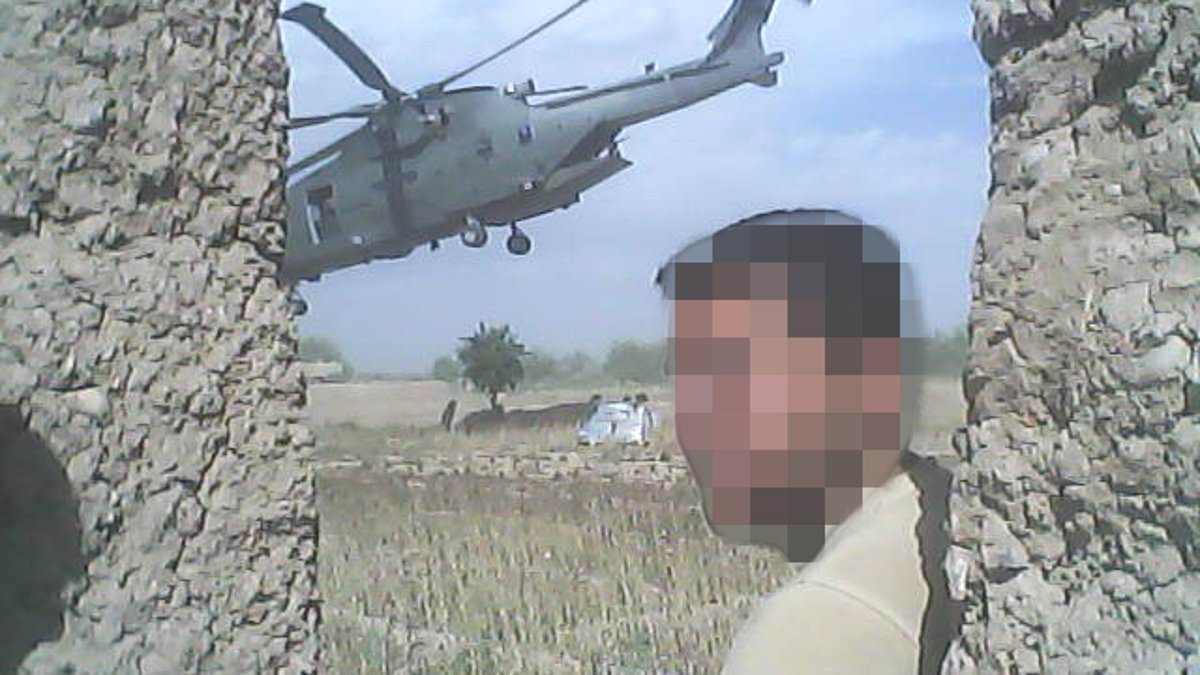Frontline interpreter Jamil was turned down for sanctuary in Britain – but after the data blunder, the Government changed its mind.
His story illustrates the tangle British officials have been getting themselves in. He is a former supervisor of UK interpreters, praised for his ‘bravery under fire’, with one colleague describing him as ‘diligent and hard working’ and ‘an integral part’ of operations.
When the Taliban seized power in 2021, he was told he could relocate to Britain. He and his family sold their home and possessions and travelled to Islamabad.
Then he was one of 1,800 Afghans sent a chilling alert from the British High Commission warning that his personal details could have been compromised.
Jamil, 36, a married father-of-one, who worked with UK forces from 2007-11, was even more alarmed when two days later he was told there had been an ‘error’ and he was ‘not eligible’ after all – and would be sent back to Afghanistan.
With the help of the Mail, lawyers successfully applied for Judicial Review to overturn the decision.
It is understood that when details of the data alert he received were put to the closed court, the Government backed down. It is believed there are many similar cases.
Last night he told the Mail: ‘We hope that finally we can begin a new life in the safety of Britain. I am grateful we have been given a future.’
Interpreter’s five-year struggle for sanctuary
For Khan, the data leak blunder may have opened the door to a new life in the UK.
The 35-year-old former interpreter for the UK’s Electronic Warfare Signals Intelligence Unit based in Helmand, had been fighting for five years to be allowed to relocate.
Despite being shot and stabbed in a Taliban ambush on the outskirts of the Afghan capital Kabul, he had been refused sanctuary because he had been dismissed for smoking in a tent.
He had claimed they were ‘trumped-up’ charges at a time when the UK was looking to cut the number of translators employed before the announcement of a redundancy package.
Khan, who said he was repeatedly targeted by the Taliban because he was the ‘eyes and ears’ of the British forces, fled Afghanistan but was arrested in Turkey and deported.
His case was highlighted by the Mail’s Betrayal of the Brave campaign and it was taken up by lawyers who launched a Judicial Review.
After years of rejection, his case was suddenly allowed and both Khan and his lawyers believe the decision is likely to be linked to the data leak.
As he savoured his new life in the UK, Khan said: ‘I had suffered a great injustice – I was shot and stabbed because of my work for the UK but still was not allowed sanctuary – now the strength of my case has finally been allowed.’
